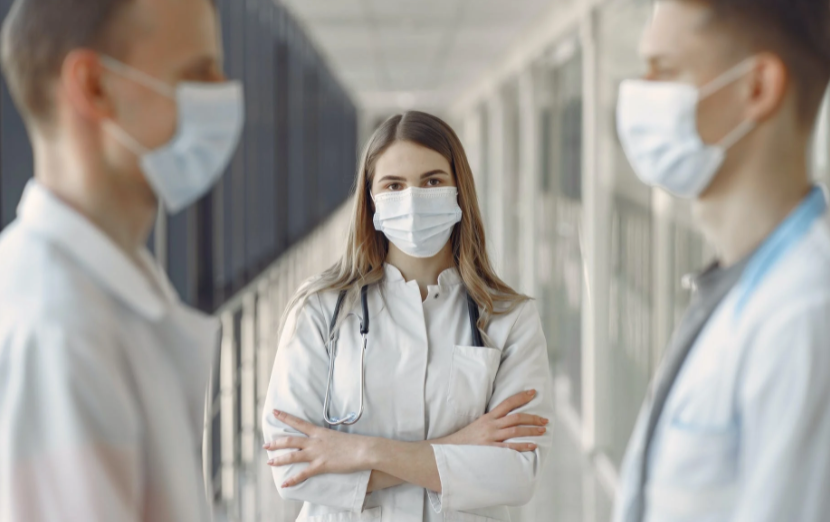Common Workplace Injuries Affecting U.S. Healthcare Workers

Hospitals are among the most dangerous places to work, according to a report by the U.S. Department of Labor Occupational Safety and Health Administration (OSHA). In fact, doctors, nurses, and other hospital staff have a greater risk of getting injured at work than employees in both the manufacturing and construction sectors. This is rather ironic considering that hospitals were designed to help people recuperate after illness or injury. It is due to the very unique set of challenges they face that healthcare workers are particularly at risk of injury brought on by overexertion, slips, trips and falls, and violence.
Overexertion is a major cause of injury
Overexertion accounts for up to 50% of all hospital workplace injuries, according to OSHA. In a healthcare setting, the biggest risk of such overexertion injuries is the physical lifting, repositioning, and moving of patients. The repetitive motions involved in performing these tasks are exacerbated when dealing with patients who are overweight or obese. Although there is a range of mechanical aids available to help lift and move patients, nurses, in particular, spend a considerable amount of time every day helping patients get in and out of bed, lifting them from gurneys, and pushing them around in wheelchairs. Muscle and ligament strains and sprains are commonly associated with overexertion and can range from mild to severe, often requiring medical intervention to alleviate pain and discomfort.
Violence leaves many healthcare workers injured
Despite dedicating their lives to helping others, doctors and nurses are often on the receiving end of both verbal threats and physical attacks. During the course of 2018, healthcare workers made up 73% of all nonfatal injuries in the workplace due to violence. Although doctors and nurses are entitled to file worker’s compensation claims for injuries sustained during a violent attack, they might also benefit from seeking expert legal advice. JJS note that it is, after all, imperative that the responsible parties are held responsible, and that the victim receives the justice they deserve in order to deal with upcoming costs in the wake of an incident.
Slips, trips and falls are a common occurrence
A typical hospital is a home to many hazards that can result in healthcare workers slipping, tripping or falling. These include spilled water, other liquids and contaminants, soap build-up, loose cords, cables, and medical tubing. The most common injuries arising from these types of accidents include dislocations and fractures of the ankles, wrists, elbows, and fingers. Knee injuries and shoulder dislocations are also fairly common. Although rare, slips, trips, and falls can also result in spinal cord damage, traumatic brain injury, and even death. It is therefore of the utmost importance that floors are kept clean and dry at all times and that healthcare workers wear shoes with a decent grip that will minimize their risk of injury.
Although hospitals are associated with healing, they are amongst the most dangerous places to work. Healthcare workers need to be extremely vigilant to reduce their risk of any workplace-related injuries.
